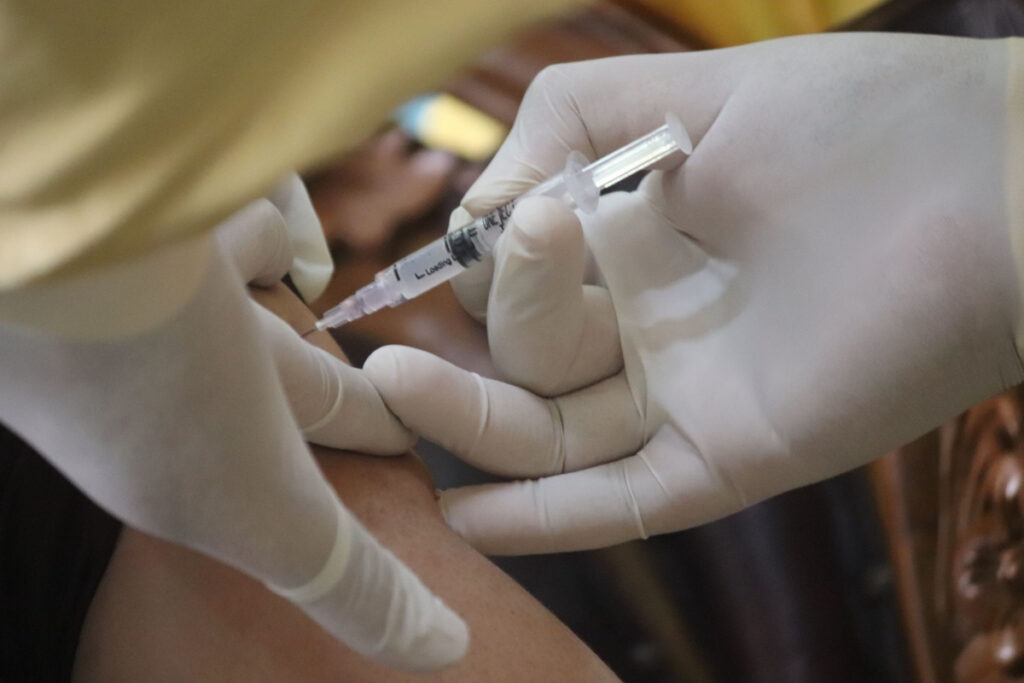
The Wide Bay Hospital and Health Service is urging residents who work with animals to get vaccinated against Q Fever, with 11 cases recorded in the region this year.
Q Fever is caused by the bacteria Coxiella burnetii, carried by animals such as cattle, sheep, goats and kangaroos.
People become infected by breathing in droplets of the bacteria or dust contaminated by birth fluids, faeces, or urine from infected animals.
Person to person transmission is rare.
Wide Bay Public Health Unit Public Health Physician Dr Josette Chor said the increase in cases compared to historical data was possibly associated with greater numbers of wildlife, being close to residential areas.
“The bacteria that cause Q Fever can exist in a variety of domestic and wild animal species such as kangaroos and wallabies,” she said.
“It can also persist in the general environment in dust and soil, which can lead to infection and disease. Dry and windy conditions can increase the risk of transmission to humans.
“If there are obvious animal droppings, please use a P2 mask – available from hardware stores – to undertake outdoor jobs such as mowing the lawn.
“It’s also important to always wash your hands after coming into contact with all animals or their faeces, especially before eating and drinking.”
Dr Chor said people whose work exposed them to animals, animal products, and animal waste were particularly at risk of developing Q Fever.
This includes abattoir and meat workers, farmers, veterinarians, animal hunters, wildlife/zoo workers, dog/cat breeders, and other people who work in animal industries.
“There is an effective vaccine available to protect people against Q Fever,” Dr Chor said.
“Vaccination is recommended for all people who are working in, or intend to work in, a high-risk occupation. High risk workplaces should have a vaccination program to protect their workforce.”
Dr Chor said symptoms of Q Fever included sudden onset of fever and chills; severe sweats; severe headache, especially behind the eyes; muscle pain; weakness and tiredness; and significant weight loss during this acute illness.
“Q Fever can be treated by antibiotics and most people make a full recovery, however in about 10 to 20 per cent of people, chronic fatigue is still present after 12 months, affecting a person’s ability to work at full capacity,” she said.
“People may also develop chronic infections that affect the heart, bones, or joints.”
Anyone experiencing symptoms of Q Fever is urged to contact their local GP, or phone 13 HEALTH (13 43 25 84).
For more information and to check the Australian Q fever Register, head to http://www.qfever.org/.
To find a doctor specifically trained for Q fever vaccination services. Information for workplaces is available at: https://www.worksafe.qld.gov.au/safety-and-prevention/hazards/hazardousexposures/biological-hazards/diseases-from-animals/q-fever




